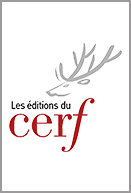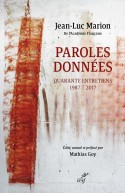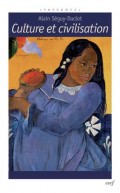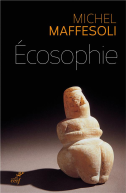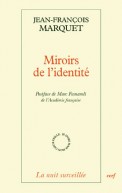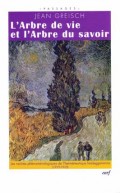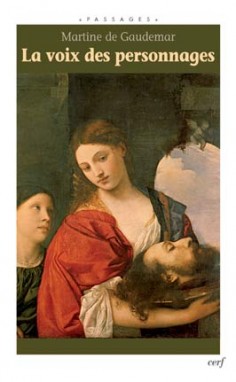
La Voix des personnages
Collection Passages
480 pages - mai 2011
30,80€
Médée est plus qu'une mère infanticide, Don Juan plus qu'un grand seigneur méchant homme, Cléopâtre plus qu'une reine séductrice. Ces personnages donnent une voix particulière à des dispositions universelles (rebelles, séductrices, sacrificielles, etc.). En incarnant un monde possible ou désirable, ils nous posent la question : Quel monde voulons-nous ? Ils nous insufflent leur énergie, leur désir de vivre. À nous, comme l'ont fait naguère Mozart ou Shakespeare, d'entendre leur exigence de reconnaissance, de mesurer le poids de tradition qu'ils transmettent, mais aussi les possibilités d'existence qu'ils ouvrent en montrant diverses « formes de vie ». Les personnages vivent dans une aire transitionnelle, entre l'intime et le collectif. « Individualités typiques », ce sont des virtualités agissantes qui prennent corps dans les songes, les œuvres d'art, les textes littéraires (tragédie grecque, drame shakespearien, opéra), au cinéma aujourd'hui, et tissent notre imaginaire partagé. Comme les « femmes inconnues » du mélodrame hollywoodien étudié par Stanley Cavell, ils nous offrent un nouveau « cogito » qui réhabilite la vie sensible et affective.
--
Medea is more than just an infanticidal mother. Don Juan is more than just an aristocratic villain, and Cleopatra more than a regal seductress. These personalities have given a specific voice to certain universal characteristics (rebellion, seduction, sacrifice, etc.). By incarnating a possible or desirable universe, they pose a question: What sort of world do we want? They infuse us with their energy, their lust for life. It is up to us to do as Mozart and Shakespeare did, to hear their plea for recognition, to assess the weight of the tradition they transmit as well as the existential possibilities they open up by revealing different "ways of living". These characters exist in a transitional zone, between the private and the collective. "Typical individualities" are active virtualities that take shape in dreams, works of art, literary texts (Greek tragedy, Shakespearian drama, opera), in today’s cinema, weaving our collective imagination. Like the ‘unknown women’ of Hollywood melodramas studied by Stanley Cavell, they offer us a new "cogito" which rehabilitates our sensory and emotional life.
--
Medea is more than just an infanticidal mother. Don Juan is more than just an aristocratic villain, and Cleopatra more than a regal seductress. These personalities have given a specific voice to certain universal characteristics (rebellion, seduction, sacrifice, etc.). By incarnating a possible or desirable universe, they pose a question: What sort of world do we want? They infuse us with their energy, their lust for life. It is up to us to do as Mozart and Shakespeare did, to hear their plea for recognition, to assess the weight of the tradition they transmit as well as the existential possibilities they open up by revealing different "ways of living". These characters exist in a transitional zone, between the private and the collective. "Typical individualities" are active virtualities that take shape in dreams, works of art, literary texts (Greek tragedy, Shakespearian drama, opera), in today’s cinema, weaving our collective imagination. Like the ‘unknown women’ of Hollywood melodramas studied by Stanley Cavell, they offer us a new "cogito" which rehabilitates our sensory and emotional life.
- Dimensions : 145x235x32
- ISBN : 9782204093866
- Poids : 690 grammes

